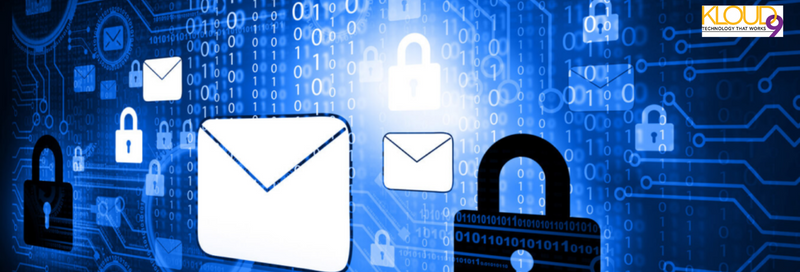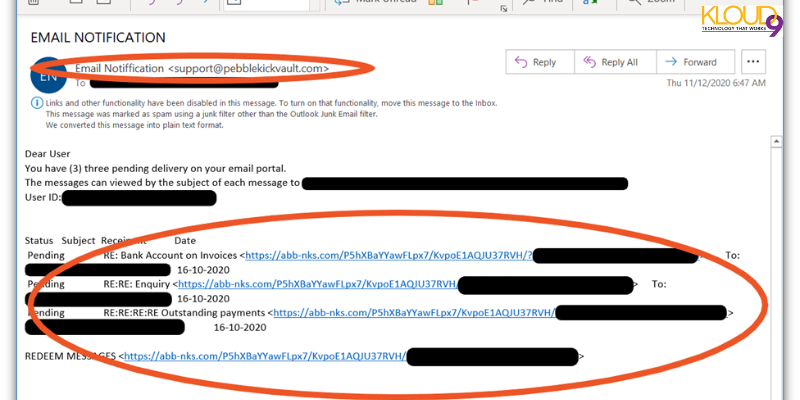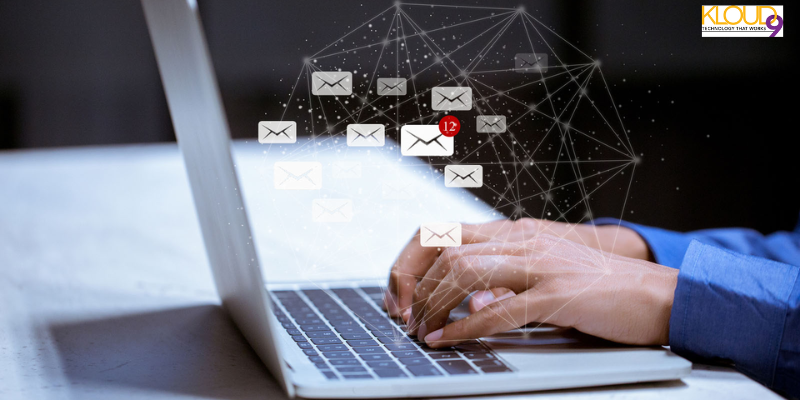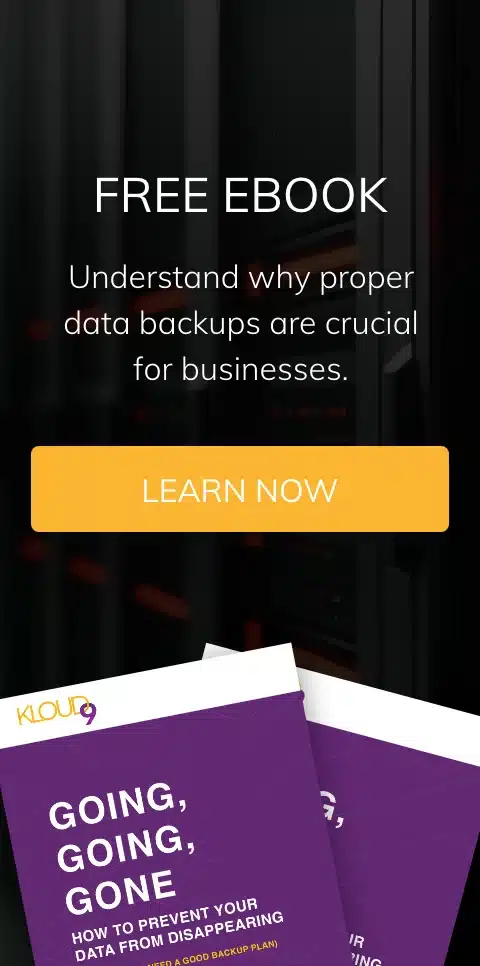Hackers have every motivation to access your inbox. One is that email is currently the most popular method of communicating online. But more crucially, it serves as a unique identifier for numerous online account logins, which is why thieves continue to target it heavily.
Consider this: The malicious third party will probably be able to a) learn what services and accounts you are signed up for and b) request password resets for one or more of those accounts if your email has been compromised. There isn't much you could do to stop it as the majority of password reset requests are sent by email. An astute hacker may even try to hide their actions (such as by deleting all the emails related to password resets) to hide any odd behavior that might otherwise alert you to the breach.
Ten suggestions for preventing hacking
Here are ten quick ways to stay safe online. They can assist in keeping your friends and family safe as well as preventing email hacks:
If possible, use two-factor authentication and a password manager.
To create strong, one-of-a-kind passwords for every online login, use a trusted password manager. We must emphasize this. Credential stuffing is a technique used by hackers today where they cram as many online services as they can with previously acquired usernames and passwords. Why? since many usernames and passwords are the same across many accounts.
When registering for a new email service, be sure 2FA is supported.
Not every email provider offers 2FA. Therefore, when signing up with an email service, inquire about the security levels offered, such as 2FA, which may be enabled by SMS (less secure) or an app like Google Authenticator or Authy.
The primary advantage of 2FA is that it adds an extra layer of protection, such as a text message with a one-time password sent to a smartphone. Ostensibly, new login can only be finished by the person who has your device. It can also alert you when someone tries to log into your email account, to list a few things.
Avoid clicking on shady links in emails or texts.
Phishers frequently send links through text messages or emails that appear legitimate but, when clicked, allow them to steal your information. Malware-filled email attachments are a common source of online havoc. Avoiding these scams is as simple as not clicking the attachments or links. Instead, open another tab and visit the company's website via the link or email to determine if the information given corresponds with the official source. Always be cautious when opening links or downloading attachments from unidentified senders. Uncontextualized links or attachments in emails from well-known senders are also a negative sign.
Utilize a VPN on both your phone and PC.
Use a VPN to encrypt your internet connections to maintain your privacy. When it comes to safeguarding your personal information, there is no excuse not to. While you're at it, the VPN will enhance your browsing experience by reducing advertisements, monitoring, and, of course, giving you more confidence in your security.
If you can avoid it, avoid using public computers or Wi-Fi.
Try to just use your computer or mobile device to access the internet when you're traveling or away from home, with your VPN turned on, of course. For instance, other people who have access to public computers at hotels may install malware such as keyloggers or other threats, which could end up haunting you. Try to avoid using your protected home network for online banking or other highly personal accounts.
Obtain a powerful antiviral
A strong antivirus increases the bar for data security by providing real-time defense against phishing assaults and other dangers like malware, ransomware, and others. On your computer, Mac, Android phone, and other devices, the antivirus should be installed.
Summary:
Even if you have taken precautions to keep your email safe, assume that it is not secure. How do we interpret this? Simply said, you should try to avoid transmitting extremely sensitive information over email, including payment or credit card information, Social Security numbers, and other personally identifiable information.
Don't make it simple for hackers to obtain this information if they manage to breach your email. Hopefully, safeguards like 2FA and plain old vigilance will be sufficient to detect suspicious activity and alert you so you can take fast corrective action.





You must be logged in to post a comment.